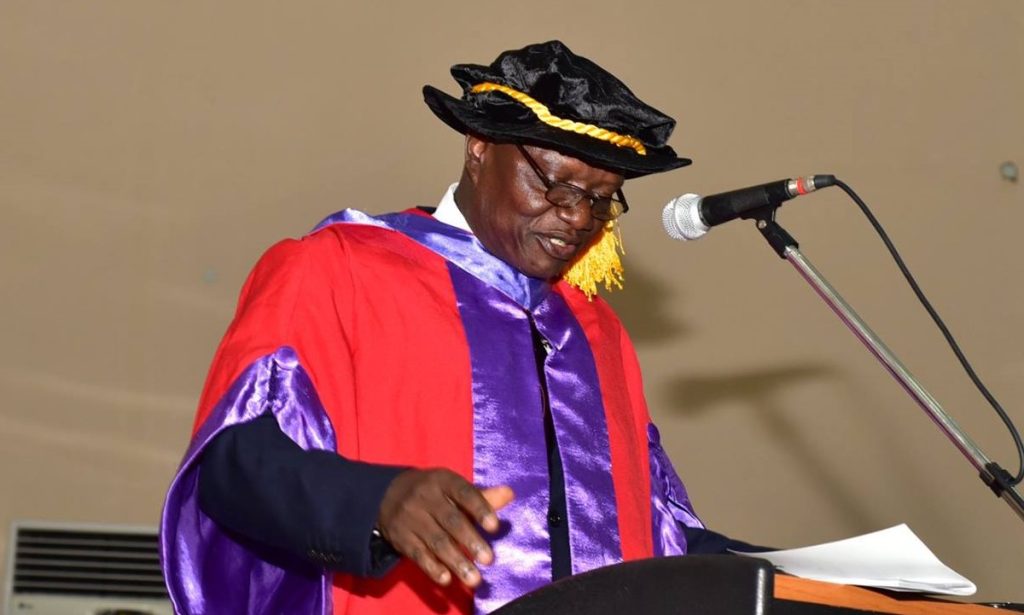Nigeria’s foremost Professor of Mining, Zacchaeus Opafunso, who is also the CEO of the Council of Nigerian Mining Engineers & Geoscientists (COMEG), has emphasised the necessity for Nigeria to invest in and utilise requisite data to fully harness its mining potential.
In a recent interview with Voice of Nigeria, Prof. Opafunso emphasised the enormous potential of Nigeria’s mining sector, which is valued at an estimated $750 billion in solid minerals such as gold, lead-zinc, lithium and coal.
He noted that COMEG oversees the regulation and control of practices among professionals in fields such as geology, geophysics, geochemistry, mining engineering, petroleum engineering, and metallurgy as the sector continues to draws investment.
“The Council was established in 1990 by decree number 40 under the military regime and was later reformed in 2004 to become an act of parliament. Our principal mission is to monitor and regulate the work of professionals in Nigeria’s extractive industry, which includes oil and gas, solid minerals, water resources, and agriculture,” he said

The don worried about the prevalence of unqualified individuals operating within the mining sector. “There is a lot of quackery in the system. We are one of the agencies empowered by the government to ensure that only properly trained professionals from universities and polytechnics are allowed to work in Nigeria’s extractive industry, adopting best international practices.”
He stressed the importance of COMEG’s role in accrediting educational institutions and monitoring the performance of professionals. “Section 73 of the Nigerian Minerals and Mining Act 2007 empowers the Honourable Minister to ensure that no mining operations take place without employing a registered mining engineer or geologist. Section 139 of the Nigerian Minerals and Mining Regulation 2011 defines who these professionals should be.”
Prof. Opafunso highlighted ongoing efforts to enforce these regulations. “Earlier this year, we presented our recommendations to the Minister, urging the enforcement of these laws. We are now in the process of ensuring that every company employs a qualified mining engineer, geologist, or geophysicist. We have identified institutions run by foreigners that refuse COMEG accreditation, contrary to the law.”
He also mentioned collaborative efforts with other agencies and universities to improve the Nigerian extractive industry. “We are working closely with our members and various professional groups to ensure compliance and raise awareness about the importance of adhering to regulations.”
Opafunso underscored the critical role of environmental management in the mining sector. “Mining is a high-risk venture with significant environmental implications. Proper environmental management is essential to avoid degradation. We are committed to educating our members and enforcing regulations to ensure sustainable practices.”


